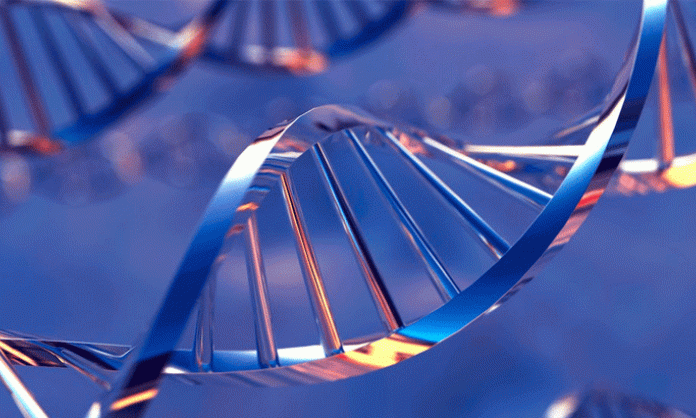In early February, Michael Bailey, a psychologist at Northwestern University in Illinois, announced that his team’s study of gay men “shows that there are genes involved in male sexual orientation”. What the results actually showed was that there were some similar gene sequences on two chromosomes in a majority of the 400 men tested.
The Guardian’s Ian Sample explained that “the genes were neither sufficient, nor necessary, to make any of the men gay”.
Over the decades, we’ve had researchers confidently announce the cause of homosexuality. It was psychological factors in the family. Then it was hormonal. Then parts of the brain caused someone to be gay.
There were those who didn’t bother about causes; instead they went straight for the “cure”. They tortured gay men by applying electric shocks to their genitals. Lesbians got shock “therapy” to their brains.
More recently, researchers have joined the rush for the latest go-to fad – genes. One researcher went so far as to claim that, given a map of genes from any organism and a big enough computer, each organism could be “computed”.
It is tempting just to dismiss all these reports as the equivalent of feudal arguments about how many angels can fit on a pin head. “The genes in question are chromosome 8 and Xq28, which makes complete sense, since they both sound like names of Soho gay bars. I’m fairly sure I went to Xq28 once”, theatre director Alex Andreou satirised the latest “findings”.
However, some from the LGBTI community welcome the biological arguments. They seem to believe that knowing you’re “born that way” will do away with discrimination and oppression.
But knowing about genetic differences between women and men or people of colour and whites has not made one iota of difference to the sexism or racism they experience. If anything, it is more often used against them to deepen their oppression.
So why have researchers continually focused on looking for the causes of homosexuality, and why have such biological determinist arguments retained such a strong hold?
Although capitalism claims to be a society of equal rights, we’re daily confronted with its glaring inequalities. Arguing that all human traits are hardwired into us quashes any hope of changing society.
During the 1960s and 1970s, rather than debate this or that cause or so-called explanation for discrimination, political movements like the Black, gay and women’s liberation demanded their rights. They took to the streets, invaded lectures and boardrooms chanting “Gay is just as good as straight!” and “Take your laws off our bodies!”
They demanded that society change, and that they not be treated as abnormal or different. That’s the response we need today.





